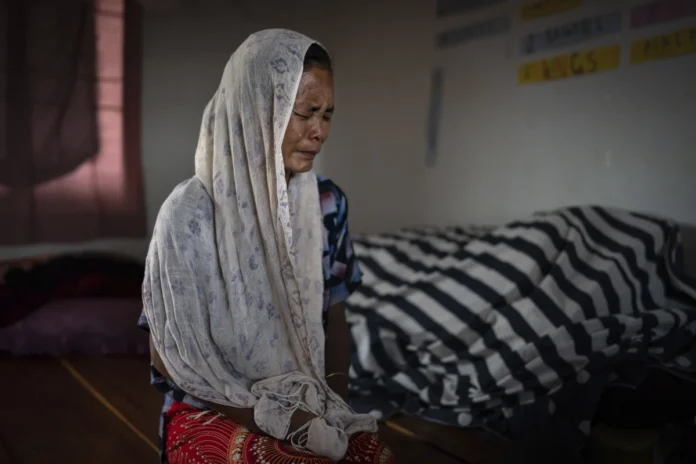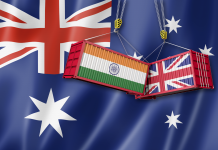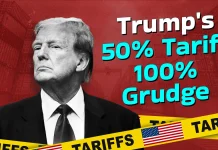KANGVAI, India (AP) — The remote village of Kangvai in India’s northeastern state of Manipur has become the epicenter of a deadly ethnic conflict that has brought violence and destruction to the region. Between the lush green grass and wildflowers, armed rival factions stand behind sandbag fortifications, prepared to kill and ready to die. The clashes between the hill tribes and the plainspeople have created a de facto frontline that dissects Manipur into two ethnic zones, fueling tensions and driving communities apart.
The simmering tensions between the Meiteis, mostly Hindu and forming a majority, and the Christian Kukis exploded in May, resulting in a bloodbath that caught everyone off guard. The Meiteis demanded special status, including the ability to buy land in the hills and a share of government jobs. This triggered a wave of violence, with mobs and armed gangs attacking villages, burning houses, and massacring civilians. The unrest quickly escalated, and both sides armed themselves, plunging Manipur into chaos.
The deadly clashes, which have claimed at least 120 lives according to conservative estimates, continue unabated despite the presence of Indian troops. Isolated villages are still subjected to gunfire, and wide areas have been reduced to ghost towns. The violence has left more than 50,000 people displaced, seeking refuge in overcrowded relief camps. Manipur has turned into India’s unseen war, obscured from the nation’s media due to an internet shutdown imposed by the government to curb the spread of disinformation and rumors.
The conflict in Manipur is a manifestation of deep-rooted problems that have festered for years. The Meiteis blame the Kukis for the state’s drug problems and accuse them of harboring migrants from Myanmar. Meanwhile, the Kukis fear for their safety and seek federal rule over the state and administrative autonomy for their community. Former army soldiers and policemen have joined the armed militias, leading to a divide among state forces.
Prime Minister Narendra Modi’s silence on the matter has been criticized, with many questioning his response to the crisis. The government’s efforts to restore peace have been hampered by the complex nature of the conflict and the lack of a clear solution. State lawmakers, who escaped after their homes were torched by mobs, have gathered in New Delhi to find a way forward.
The stories of the victims paint a picture of immense suffering and loss. A Meitei man, A. Ramesh Singh, was killed defending his village from attackers. His son, Robert Singh, searched for his father but only found his lifeless body in a grove, shot in the head. On the other side, Kim Neineng, a Kuki woman, had to flee her village with her children as a Meitei mob descended upon them. Her husband stayed behind to protect their home and livestock, but he did not survive the attack.
The anguish of the victims reverberates through the relief camps, where displaced Kukis have sought shelter.
The anguish of victims also resonates quietly through hundreds of relief camps where displaced Kukis – who have suffered most deaths and destruction of homes and churches – are taking shelter.
Kim Neineng, 43, and her husband had enjoyed years of peace in Lailampat village. He farmed the fields. She sold the produce in the market. They were welded to each other by love.
On the afternoon of May 5, Neineng went outside her house to check on noise. Out of breath, she rushed inside and told her husband what she had seen: a Meitei mob, many of them armed, had descended on their village, screaming and hurling abuses.
Neineng’s husband knew what it meant. He asked her to escape with their four children and not look back, promising he would take care of the cattle and their home. She quickly packed her belongings and ran to a nearby relief camp.
Families torn apart, homes destroyed, and lives lost—Manipur is witnessing the devastating consequences of a bitter ethnic conflict that threatens to tear the region apart. As the government and armed forces work to restore peace and stability, the people of Manipur hope for an end to the violence and a return to normalcy.






